Water Hyacinth & Water Lettuce Pond Plants – Medium Floating Live Algaecide
Original price was: $40.99.$19.99Current price is: $19.99.
Enhance your pond with 1 Water Hyacinth & 1 Water Lettuce! These floating plants act as a natural algaecide, easy to care for in tanks and ponds. Pet Safe & Organic Verify local regulations before ordering.
Estimated arrival
Feb 18
Feb 23 - Feb 25
Feb 28 - Mar 04
Reasonable Price
We offer reasonable price

Support 24/7
Contact us 24 hrs a day

100% Money Back
You've 30 days to Return

Payment Secure
100% secure payment
Natural Pond Care with Water Hyacinth & Water Lettuce
This sale includes 1 Water Hyacinth and 1 Water Lettuce pond plant, offering a natural and beautiful solution for your aquatic environment. These floating live plants not only add aesthetic appeal but also serve as a natural algaecide, promoting a healthy and balanced ecosystem in your pond or tank. Easy to care for and perfect for both beginners and experienced pond keepers, these plants are an excellent addition to any water feature.
The Water Hyacinth and Water Lettuce combination provides a synergistic effect, naturally controlling algae growth and improving water quality. Their floating nature allows them to efficiently absorb excess nutrients, reducing the need for chemical treatments. They thrive in partial to full sun and are suitable for USDA Hardiness Zone 9.
Key Benefits:
- Natural Algaecide: Keeps your pond water clean and clear.
- Easy to Care For: Simply float them on the water surface.
- Aesthetic Appeal: Adds beauty and natural charm to your pond.
- Pet Safe: Safe for aquatic pets.
- Organic: Grown without harmful chemicals.
Before ordering, please verify with your Department of Agriculture to ensure these plants are permitted in your state. These plants are deciduous and flowering, adding seasonal interest to your pond. They exhibit a clumping growth habit and are suitable for outdoor use. The plants are shipped in their vegetative growth stage, ready to acclimate to your pond environment.
Frequently Asked Questions:
- How big will the plants be when they arrive? The plants are approximately 4 inches in length and height, and 3 inches in width.
- What is the best way to care for these floating pond plants? Simply place them on the surface of your pond or tank. Ensure they receive adequate sunlight and remove any decaying leaves.
- Are these plants safe for my fish? Yes, both Water Hyacinth and Water Lettuce are generally safe for fish. They can even provide shade and shelter.
- How quickly will these plants grow? They have a medium growth rate, and you should see noticeable growth throughout the spring and summer.
- Can these plants survive the winter? In USDA Hardiness Zone 9, they may survive mild winters. In colder climates, consider overwintering them indoors.
Be the first to review “Water Hyacinth & Water Lettuce Pond Plants – Medium Floating Live Algaecide”

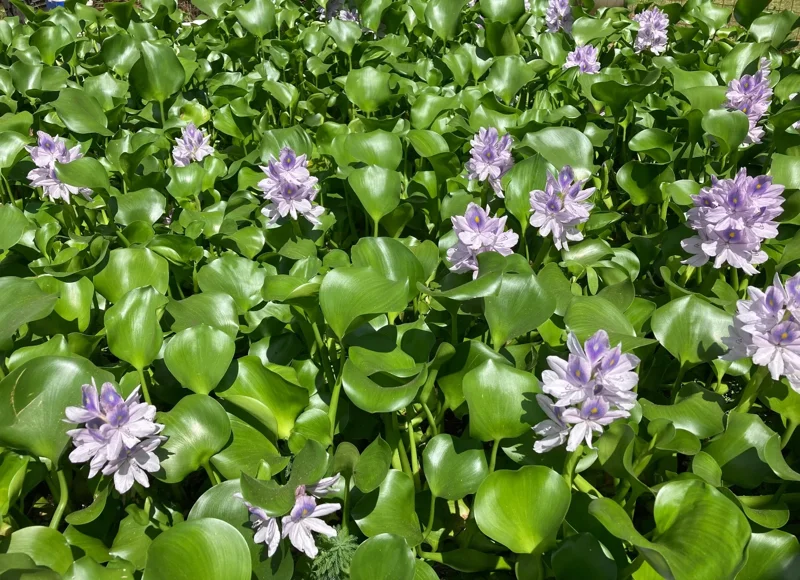
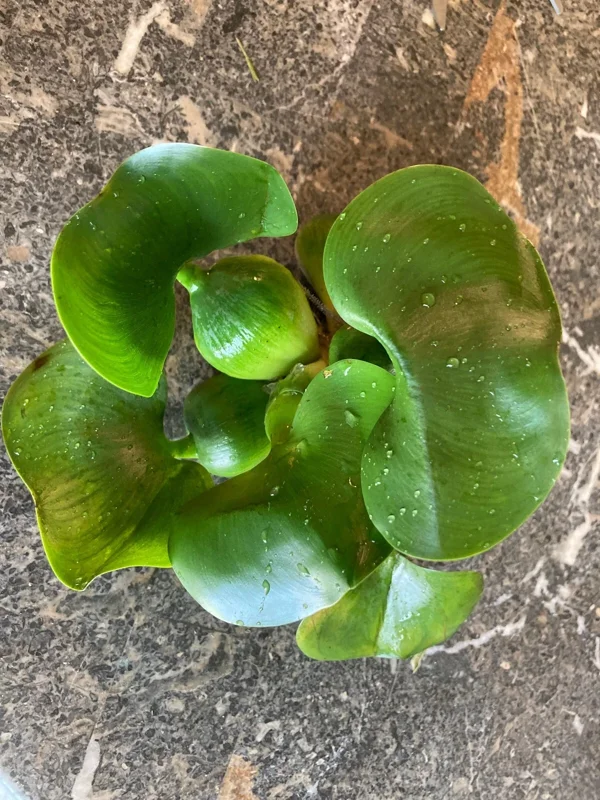
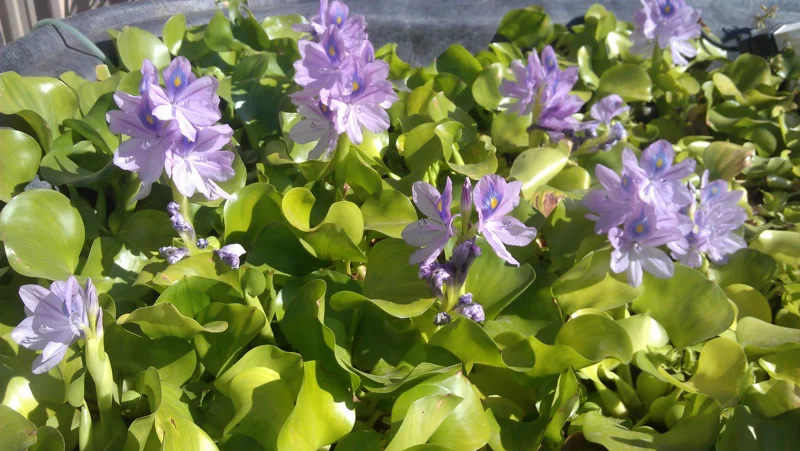
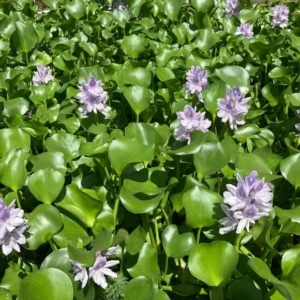
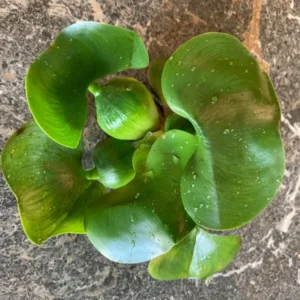
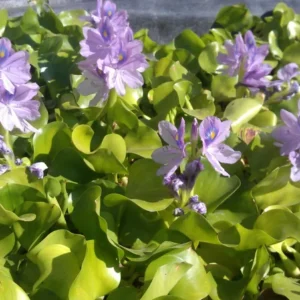
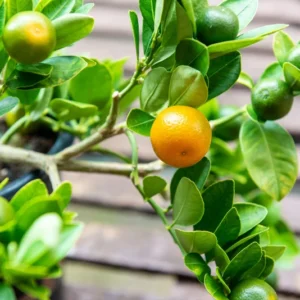
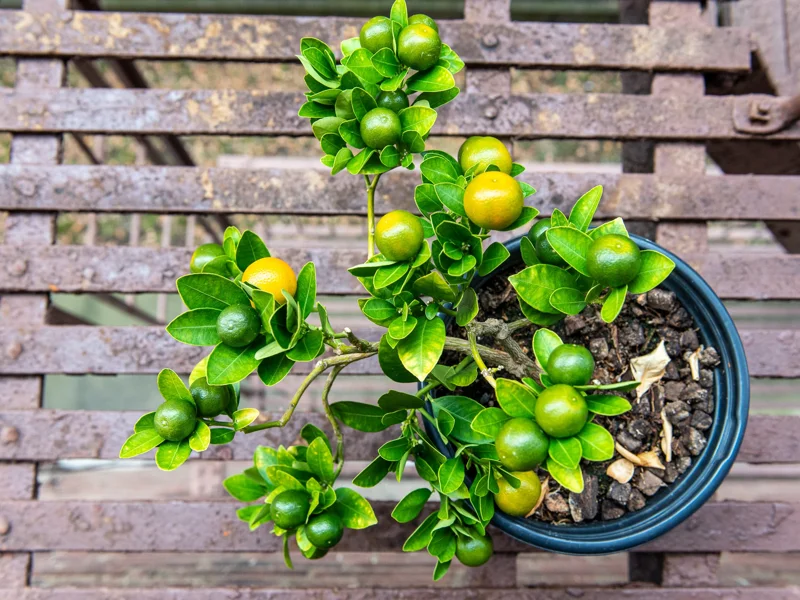
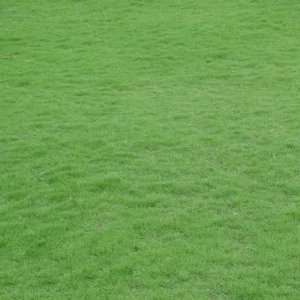
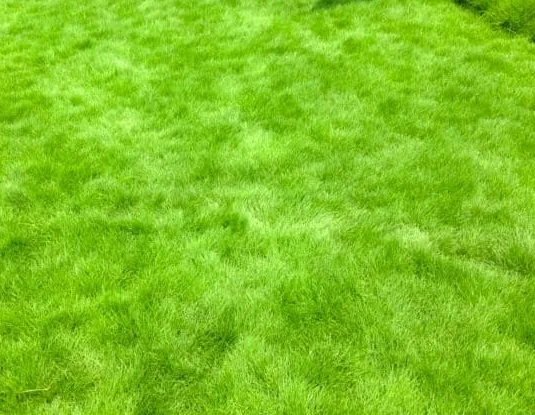
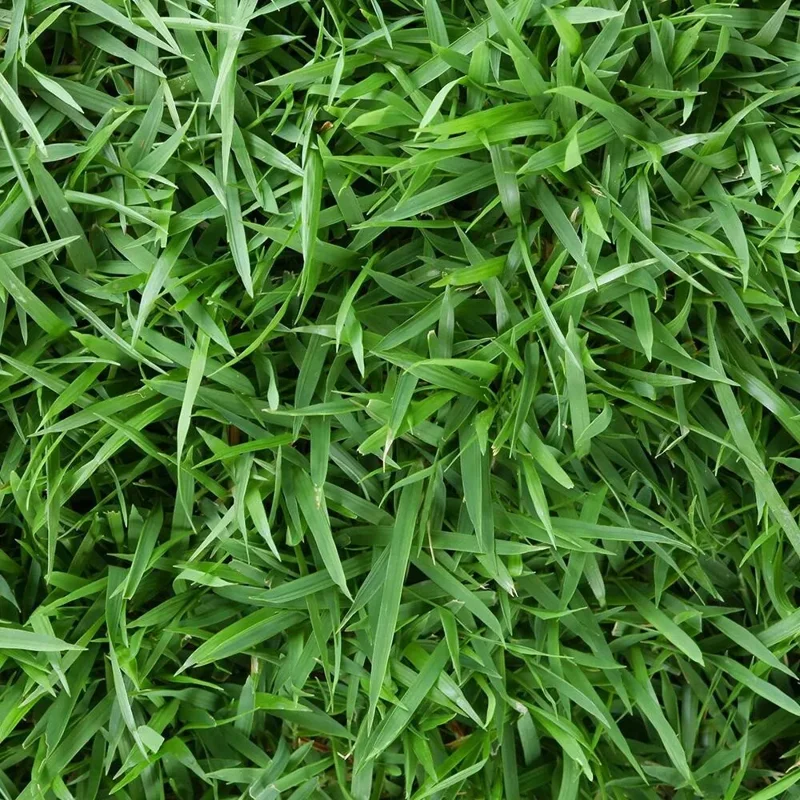
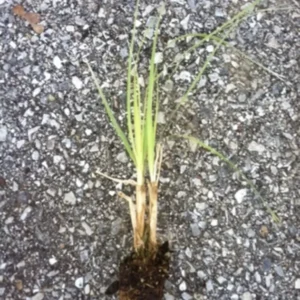
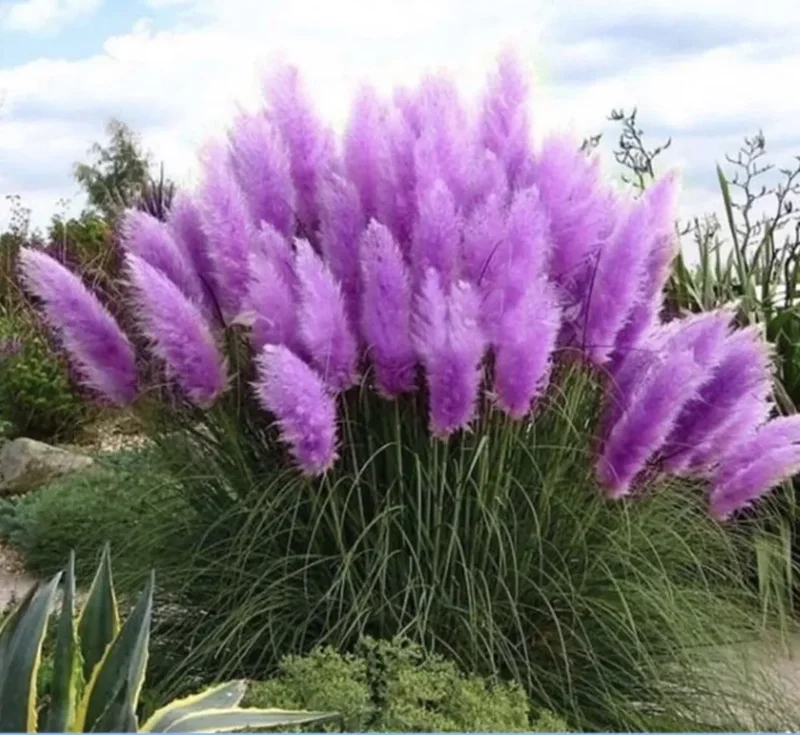
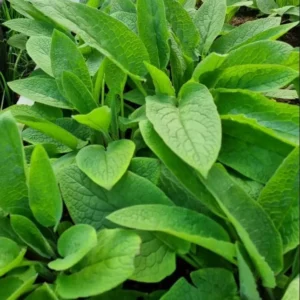
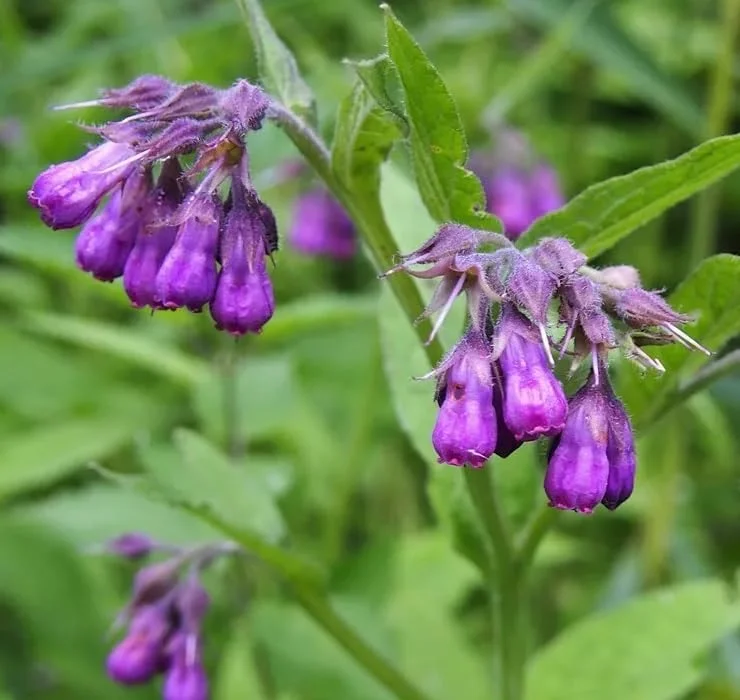
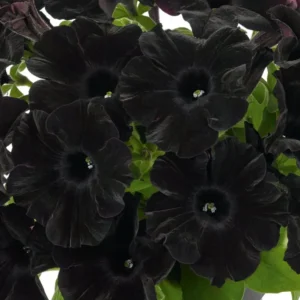
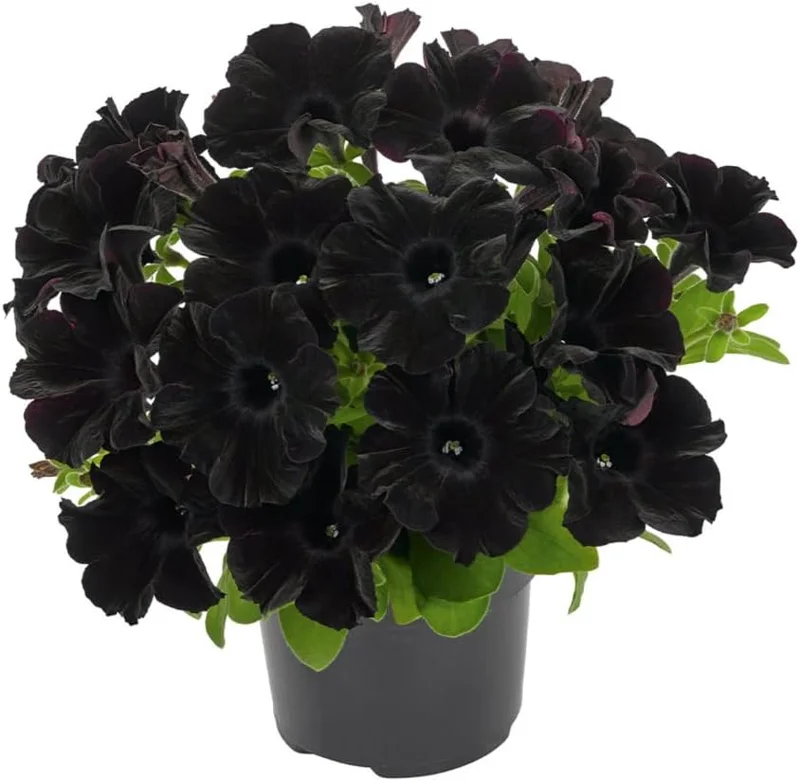
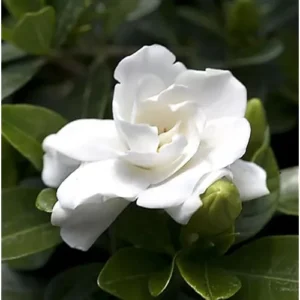
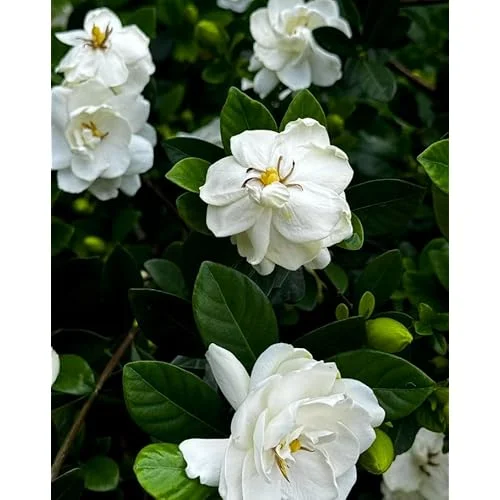
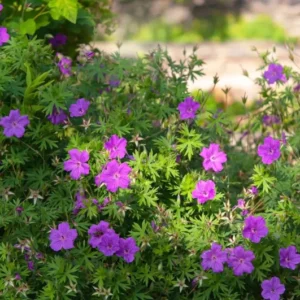
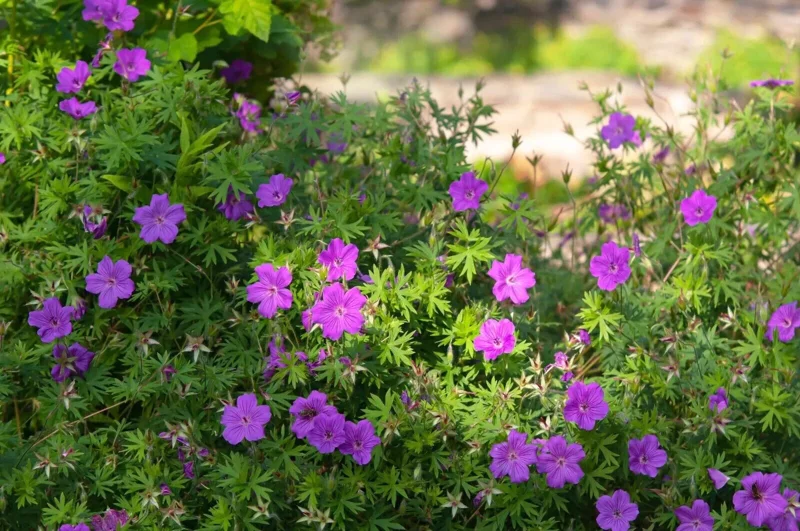
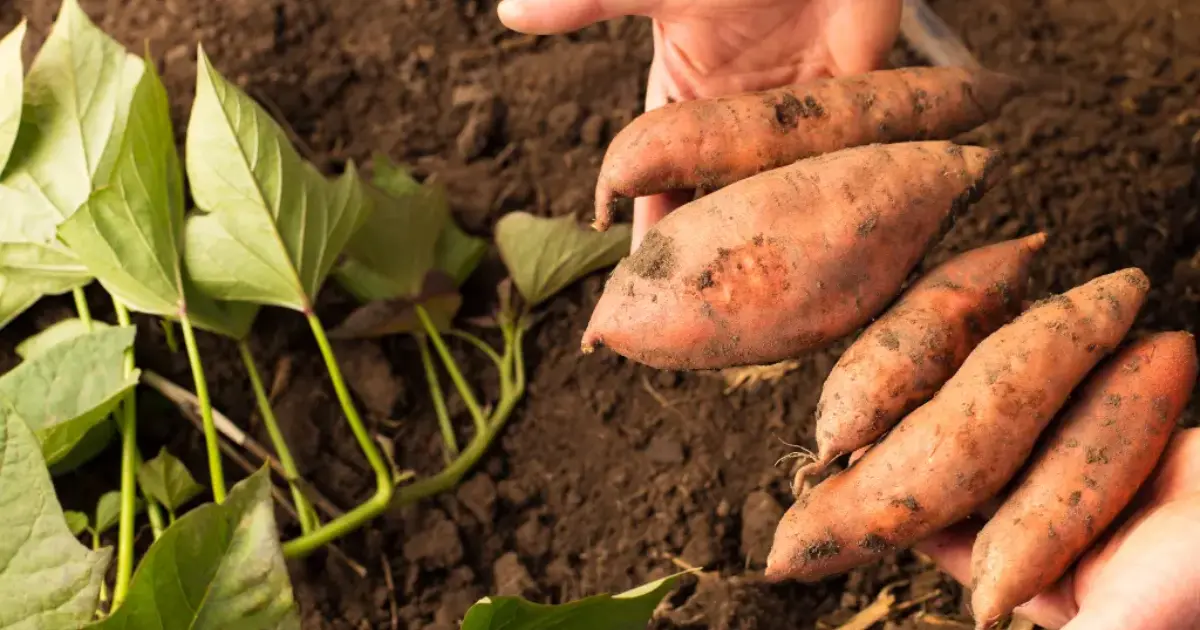
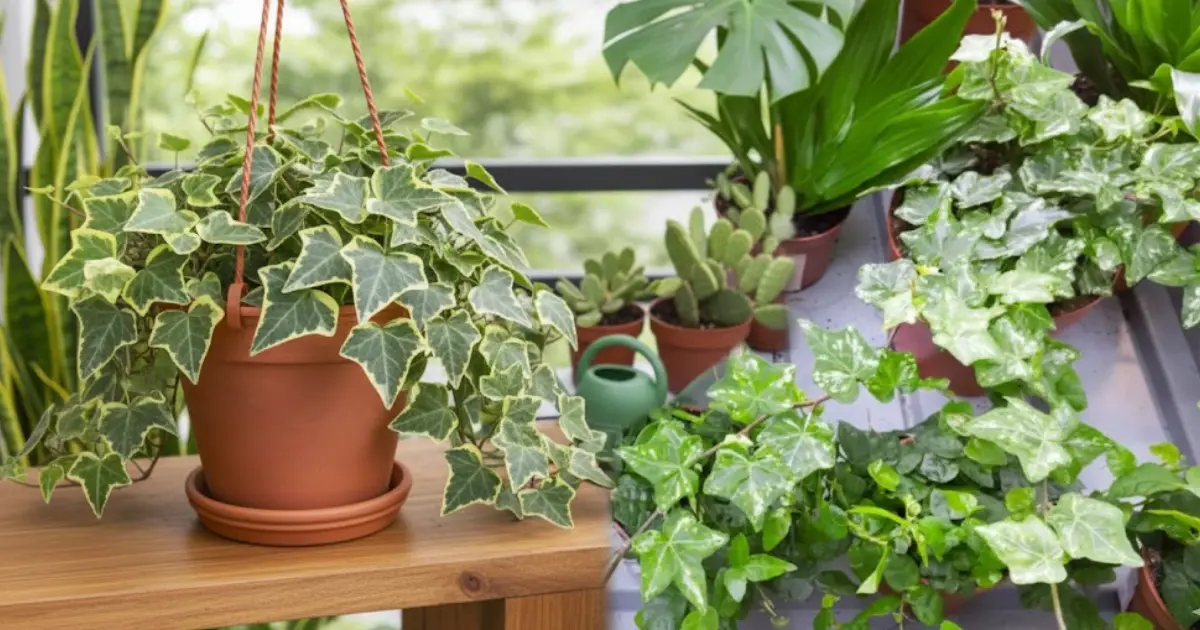
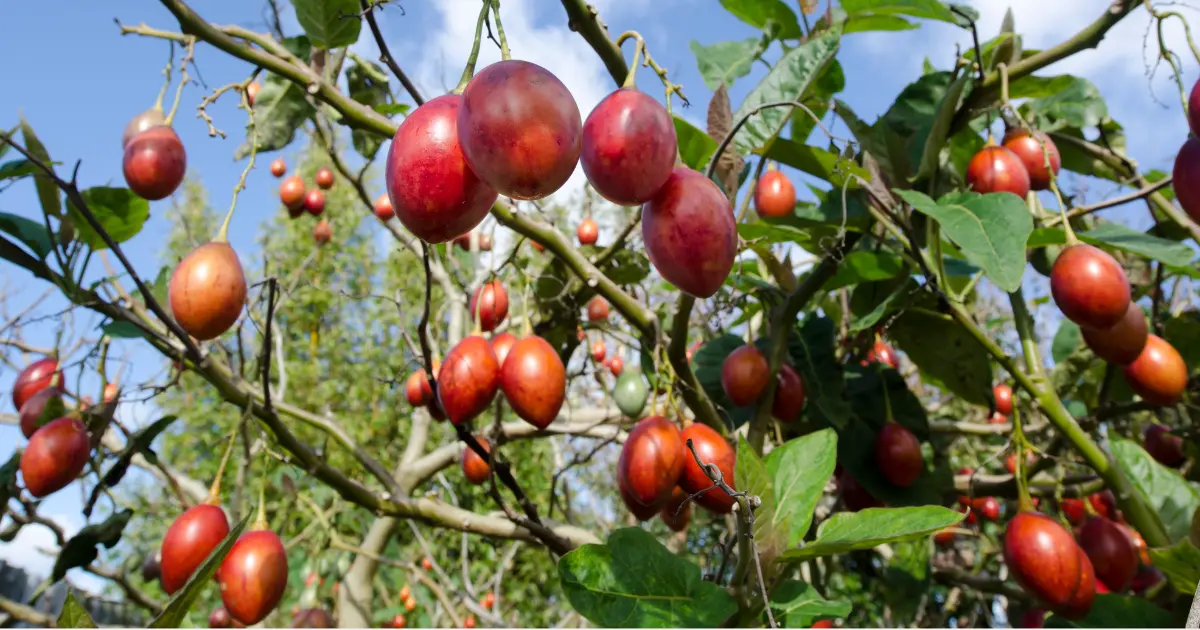
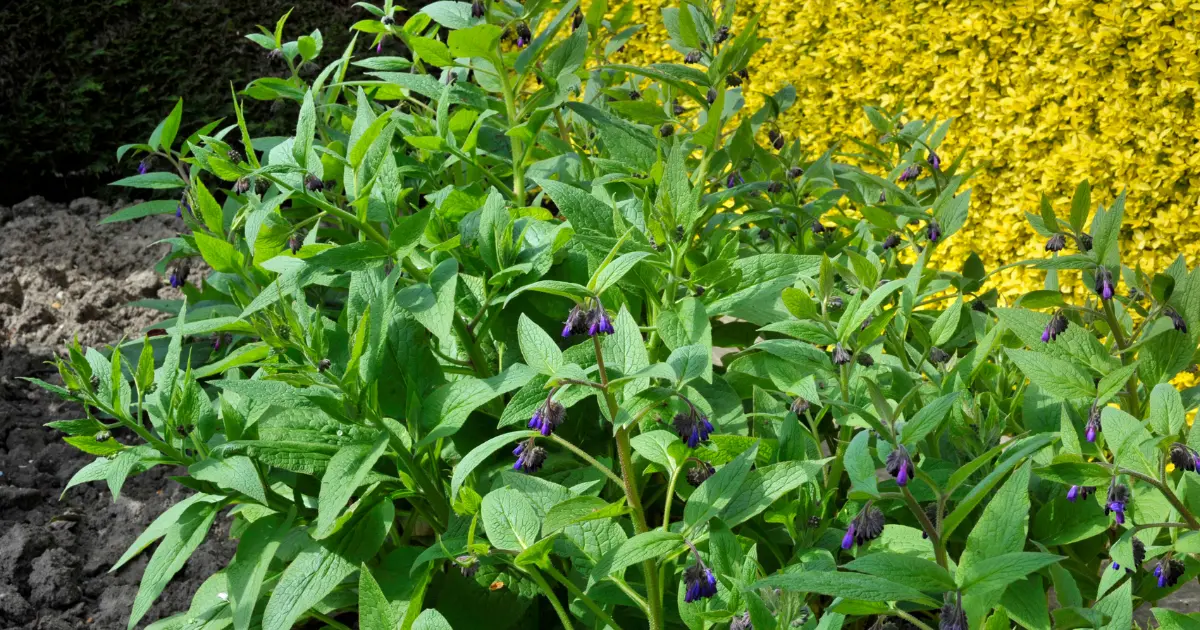
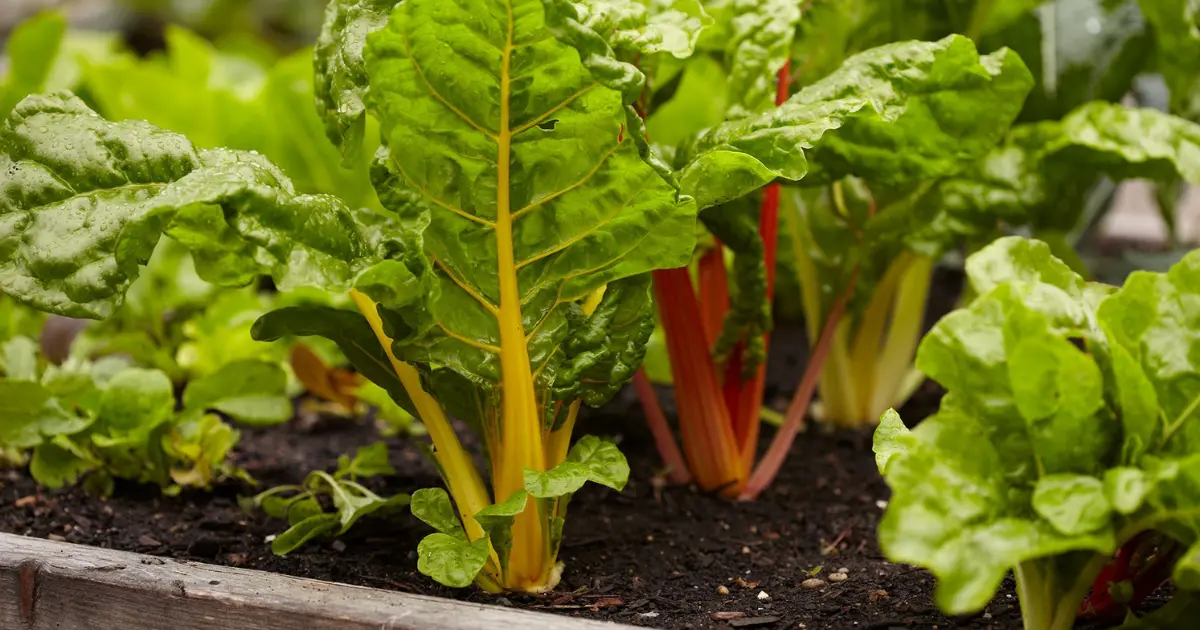
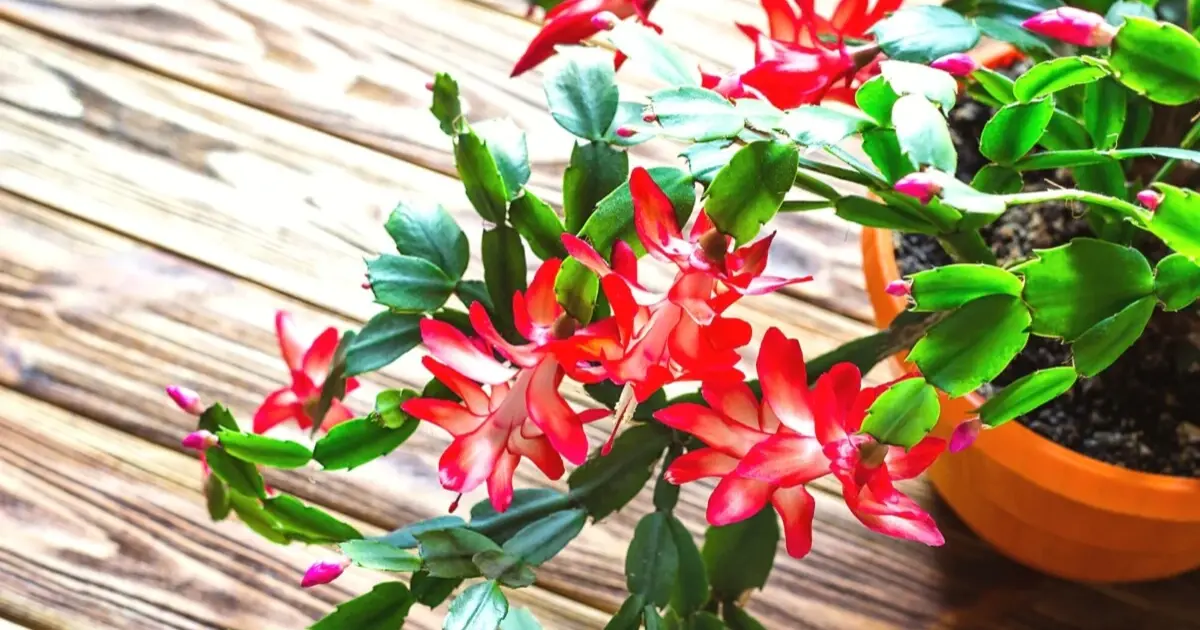
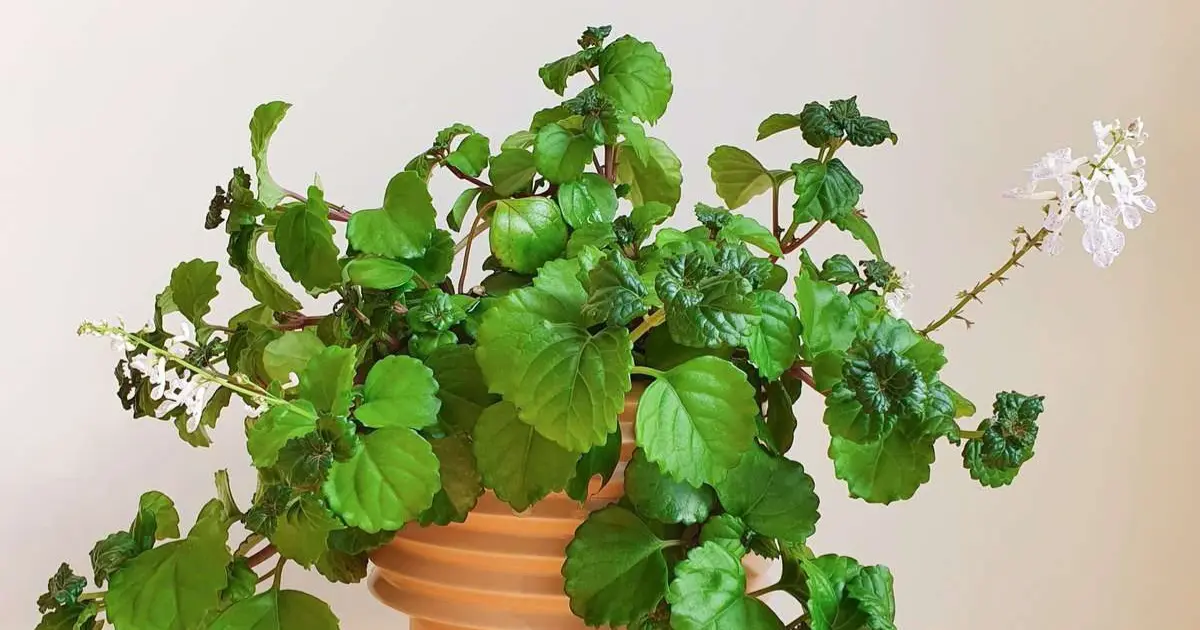
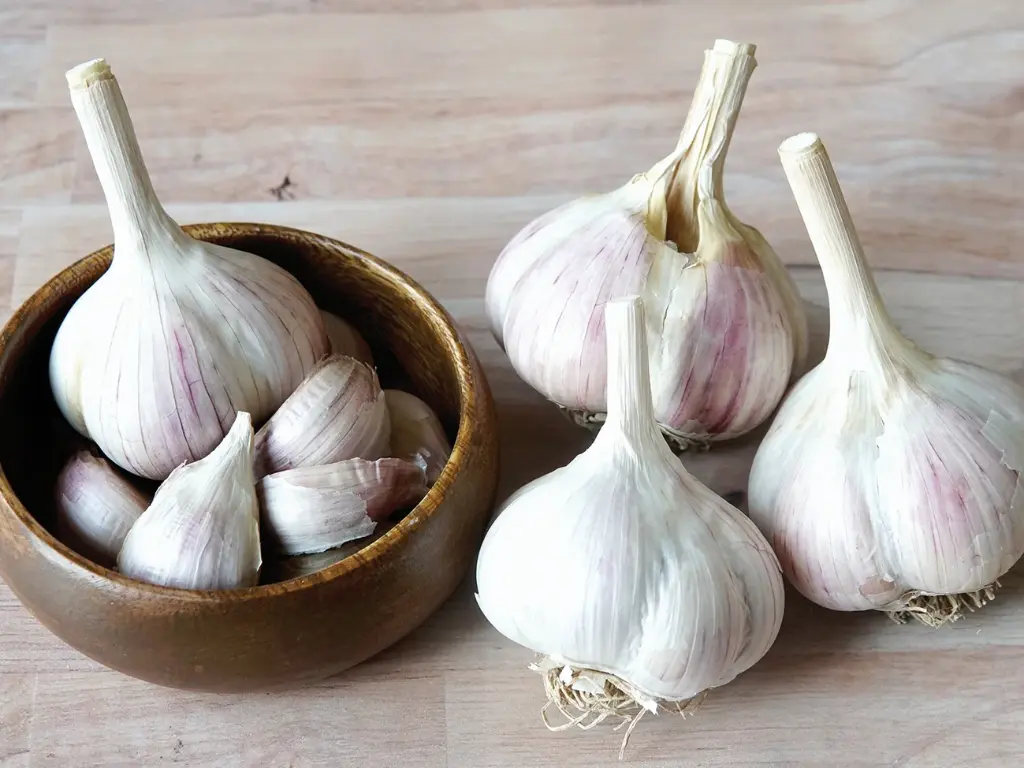

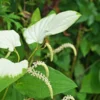
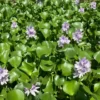
Reviews
There are no reviews yet.